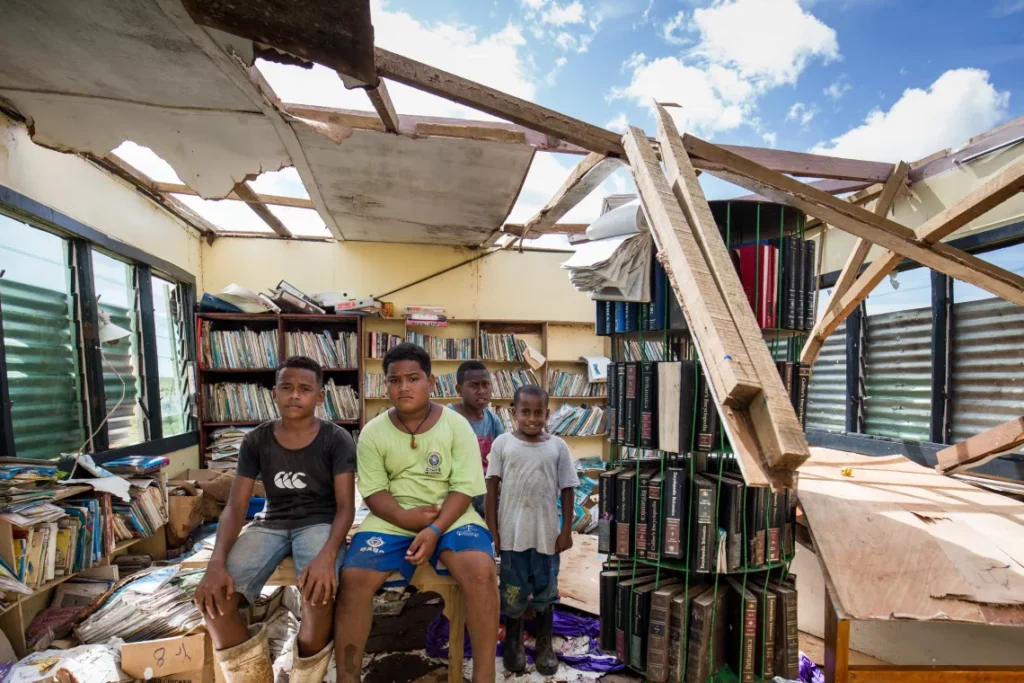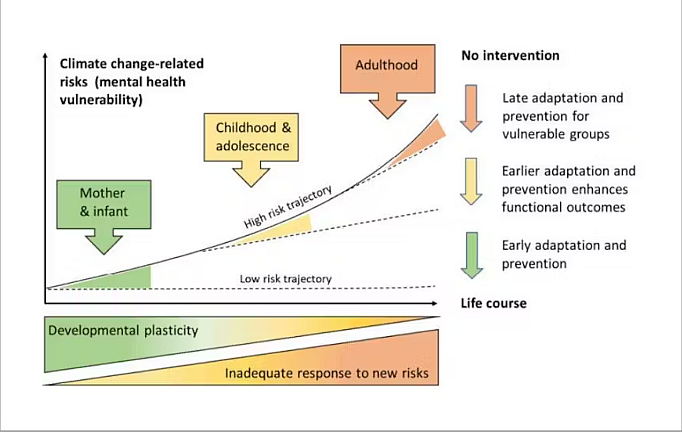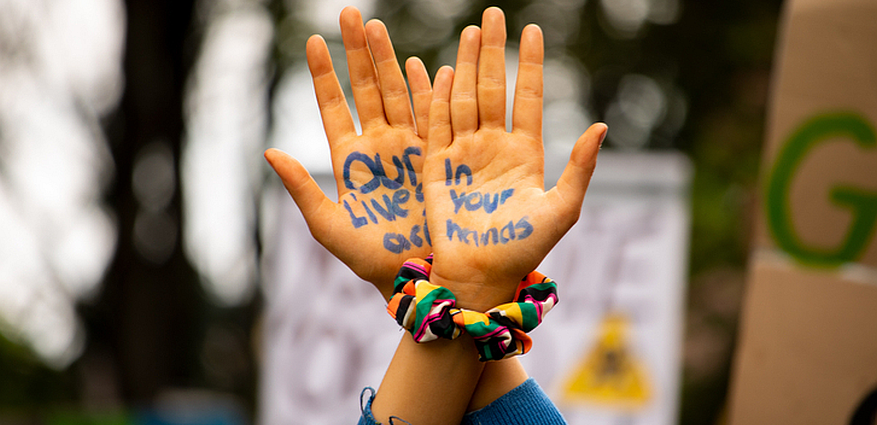Climate change disproportionately impacts children, jeopardizing their health, safety, and mental well-being. From air and water pollution to malnutrition, disease outbreaks, and even conflict – UNICEF estimates one billion children face “extremely high risk” due to climate pressures.

The psychological impact is undeniable. Children exposed to extreme weather events – floods, droughts, wildfires – grapple with anxiety about a changing world. Whether in the US South, India, Europe, or the Middle East, these anxieties are real and pervasive.
A beacon of hope arrives at the upcoming Bonn Climate Change Conference. On June 4th, an “Expert dialogue on the disproportionate impacts of climate change on children and relevant policy solutions” will address this critical issue.

Civil society organizations like EARTHDAY.ORG see education as a powerful solution. For over five decades, they has championed education as a tool for both understanding and action.
Education Empowers Children:
- Environmental literacy: Educated children gain knowledge about climate change, easing anxieties and fostering informed decision-making.
- Green Muscle Memory: By learning sustainable practices like choosing electric vehicles and avoiding single-use plastics, children naturally adopt environmentally friendly habits.
- Green Career Skills: Climate education equips children with the tools and inspiration to pursue careers in the green economy.
EARTHDAY.ORG’s recent report, “Climate Education vs. The Climate Crisis,” highlights the need for global implementation. While some countries have made strides, EARTHDAY.ORG urges all nations to include formal climate education in their Nationally Determined Contributions (NDCs).

Why is NDC inclusion crucial?
- Alignment with Climate Goals: Integrating climate education into NDCs ensures educational systems support climate action plans.
- Empowering the Next Generation: A well-informed and solution-oriented youth population is critical for driving and sustaining climate action.
- Building a Climate-Conscious Future: Education fosters a generation that understands the stakes and actively seeks solutions.
By prioritizing climate education, we empower children – the most vulnerable to climate change – to become the informed and engaged advocates our planet needs.
Reference- EARTHDAY.ORG Newsletter, The Guardian, UNICEF report, The Conversation, BBC






